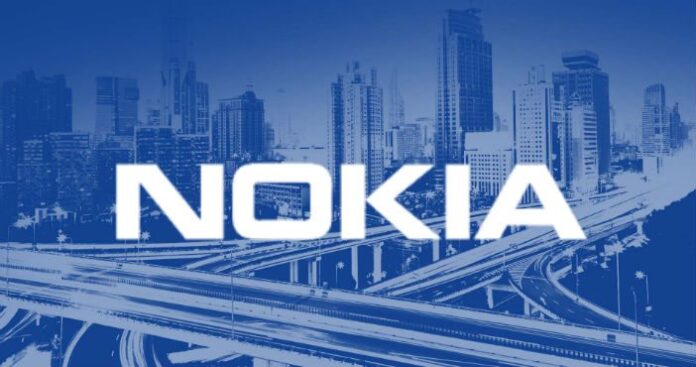Nokia is expanding its internet of things business with a consulting service that it says will help network operators analyze opportunities in nine different verticals: the connected car, healthcare, logistics and transport, smart cities, utilities, agriculture, retail, smart homes and buildings, and connected industry (i.e. smart factories.) The company says the goal is to help operators expand their IoT footprints geographically.
Nokia is also launching an IoT test hub, which it says will complement device, network, and application testing by enabling operators to test solutions and devices across domains and technologies. As part of the Nokia TestHub, the company plans to provide a “lab as a service” to give customers early access to its infrastructure and expertise for self-testing of devices, network elements, applications, and services.
The new services will complement Nokia’s existing IoT platform, called Impact. Impact includes device management, management of IP-based protocols as well as narrowband IoT and LoRa protocols, as well an IoT community for enterprise.
Jason Collins, VP for IoT marketing at Nokia, wants his company to provide tools that help connect disparate IoT systems and devices. He sees the existing IoT as a set of solutions that is similar to the internet before web browsers made it accessible to more users.
“It’s not growing as fast as people thought it would,” Collins said. “We don’t have the bridge that allows one application to take advantage of multiple deployments of these M2M solutions. … The industry lacks standards, it lacks interoperability … What’s needed we think is to put layers in the architecture that essentially hide complexity at the device and connectivity, the lower layers, from applications that exist at the higher layers.”
Nokia has not focused exclusively on cellular standards when it comes to the IoT. Collins said the company sees different types of connectivity applying to different sorts of use cases. He noted that Nokia offers low-power wide area network solutions, and is a reseller for LoRa solutions.
“We have been somewhat agnostic as far as what kind of connectivity is going to win,” Collins said. “It reminds me a bit of the argument about LTE vs Wi-Fi seven or eight years ago. … and we know how that turned out.”
Follow me on Twitter.

